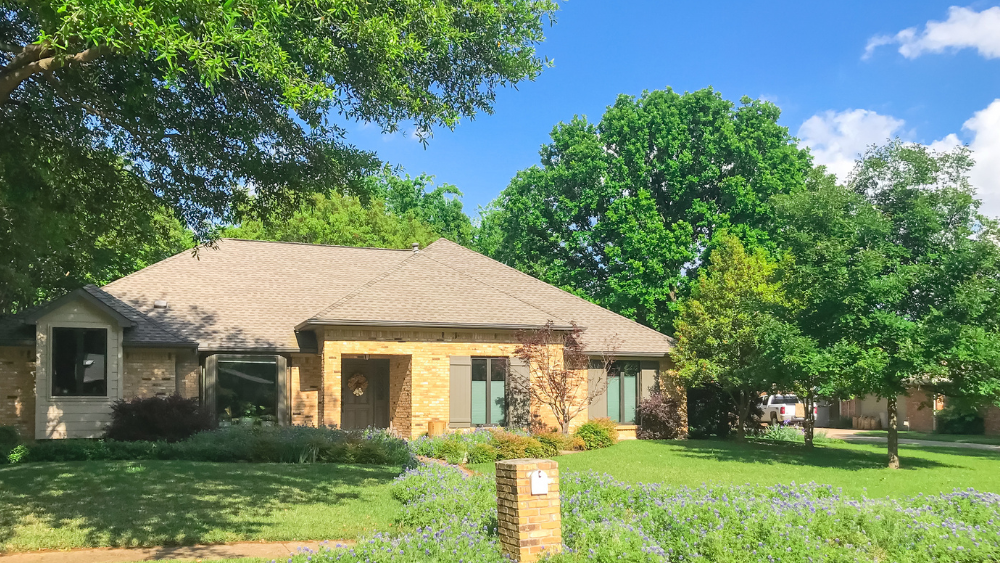
Thinking of selling a house in Texas? Whether you’re in Houston, San Antonio, Dallas, or somewhere in between, selling your home brings up a lot of planning questions. You’re likely wondering what your house is worth and how to get the best deal. In this easy-scan guide, we’ll provide answers to common questions about managing a home sale in Texas. We’ll also share expert insights from a top Texas real estate agent, from setting the right price to tips that can help you get top dollar for your home. The Texas housing market is known for its fluctuations, influenced by everything from local demand and hurricane activity to national economics and partisan politics. In 2024, the market showed signs of cooling compared to the explosive growth of recent years, but it remains competitive in many areas. Higher interest rates and home prices are impacting buyer activity. According to data from the Texas Realtors Association third-quarter statewide report: But even with cooling home sales, Texas is still one of the fastest-growing states, which continues to drive housing demand. In high-demand areas like some suburbs of Houston and Dallas, homes can sell faster than the average. However, in other locations, you may need to adjust your expectations on pricing or timelines compared to the more active market conditions Texas experienced a few years ago. “It’s taking longer to sell houses because there are more houses to see,” says Chris Winstead, a top-rated San Antonio real estate agent who sells homes 40% quicker than average agents in his market. “There are almost twice as many options for buyers, and that kind of lines up with the increase in days on market.” Pricing your home correctly is one of the most crucial factors in attracting buyers. If you price it too high, your listing could sit on the market too long, which can lead to price cuts and a lower final sale price. If you price it too low, you could miss out on profits. Winstead says setting the right listing price is more important when buyers have more options. “There are more houses on the market, so buyers can wait a little bit longer. There’s no rush for them to hurry up and get into the home and submit the offer the first couple of days a house is on the market,” he explains. “That’s why it now takes about 13 showings to get from listing to pending.” To determine the right price, start by looking at recent sales of similar homes in your area. Your real estate agent will provide a comparative market analysis (CMA) to help you see where your home stands. Factors like your home’s condition, location, and the current market conditions in your neighborhood will play a role. In more active markets like Austin, pricing slightly below market value can sometimes create a bidding war, helping you sell for more. The amount you’ll make from selling your house depends on several factors, including the final sale price, closing costs, and your outstanding mortgage balance. On average, Texas home sellers can expect to pay closing costs of 6% to 10% of the selling price, which usually includes Realtor fees. Let’s look at an example that illustrates how a typical homeowner might walk away from a home sale with $81,800 in proceeds. According to Experian, the average homeowner in Texas has a mortgage debt of about $231,000. Using a median home price of $340,000, and a mid-range 8% closing costs estimate, here’s how your proceeds might play out: Of course, this simplified example does not take into account additional costs you may have for home preparations, repairs, and moving expenses. As noted, closing costs can range between 6% to 10% of the home’s selling price. Here’s a look at some typical Texas seller closing costs: Some of these expenses can be negotiated between the buyer and seller. On a positive note, unlike most states, Texas does not impose a transfer tax on real estate transactions.What’s the Texas housing market like right now?
How should I price my Texas home?
How much will I make selling a house in Texas?
What closing costs will I pay when selling a house in Texas?



